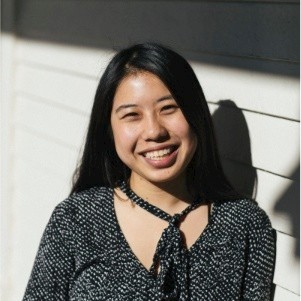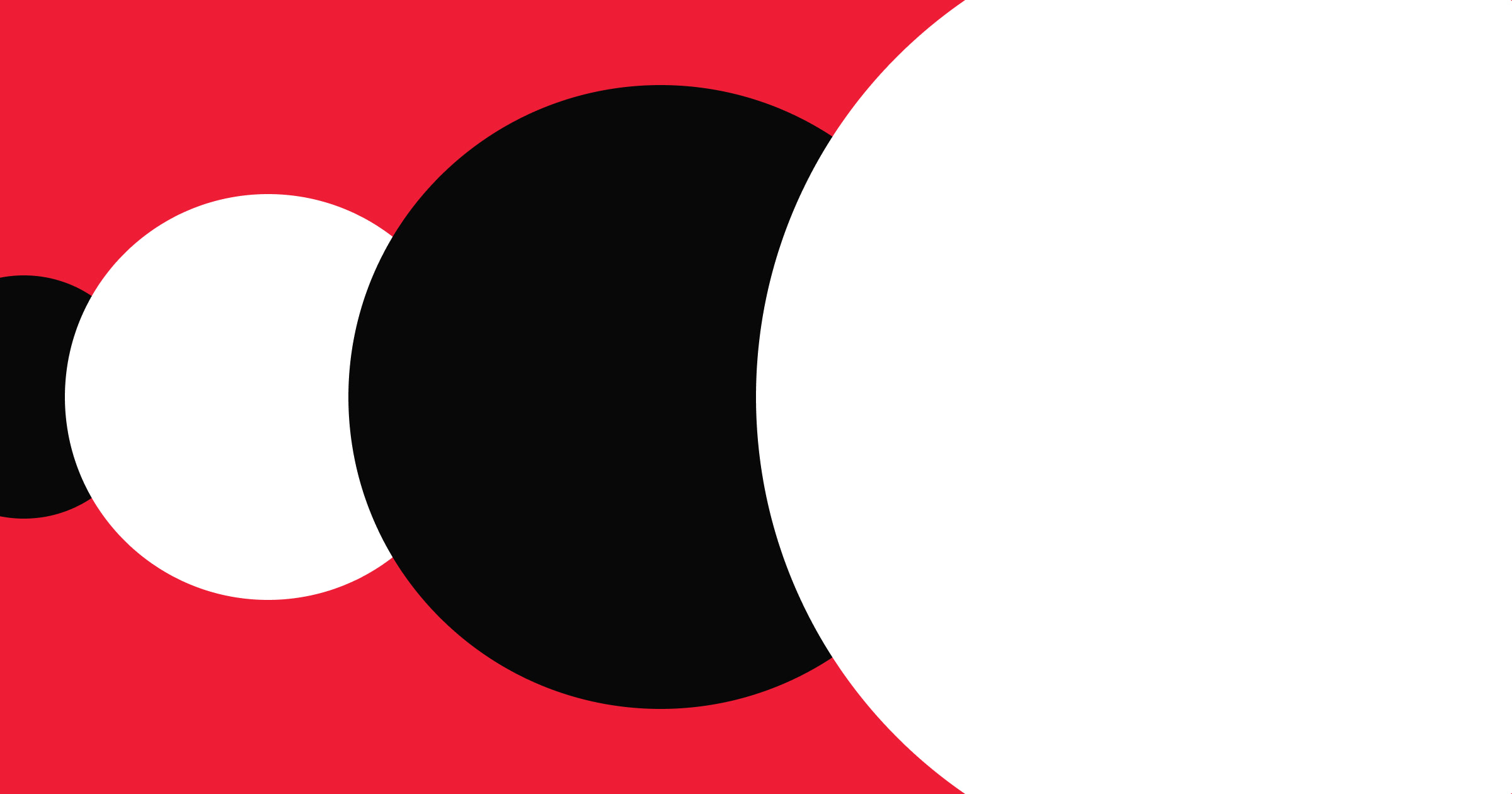In film, art, work, and everyday life — the representation of Asians and Asian Americans has often been forgotten, ignored, or caricatured.
For generations of Asian and Pacific Islander (API) youth, seeing themselves portrayed in the world meant seeing caricatures like Mickey Rooney’s offensive portrayal of the character Mr. Yunioshi in Breakfast at Tiffany’s. Or Apu, the immigrant Indian convenience store owner in the Simpsons. Or on the far other end of the spectrum — simply not seeing anyone at all.
And for those actors, artists, and everyday people who broke the proverbial “bamboo curtain” and shattered stereotypes in their respective fields — their accomplishments were not just for themselves, but for all of us. When they won, it confirmed our self-worthiness, and more importantly, our ability to achieve beyond what was expected of us.
This Asian Heritage Month, I spoke to three Webflowers — Katie Fujihara, Jon Quach, and Deepak Kanda — about their personal experiences with representation in their own lives, and more importantly, what it has meant to them.
Meet Katie Fujihara, a software engineer
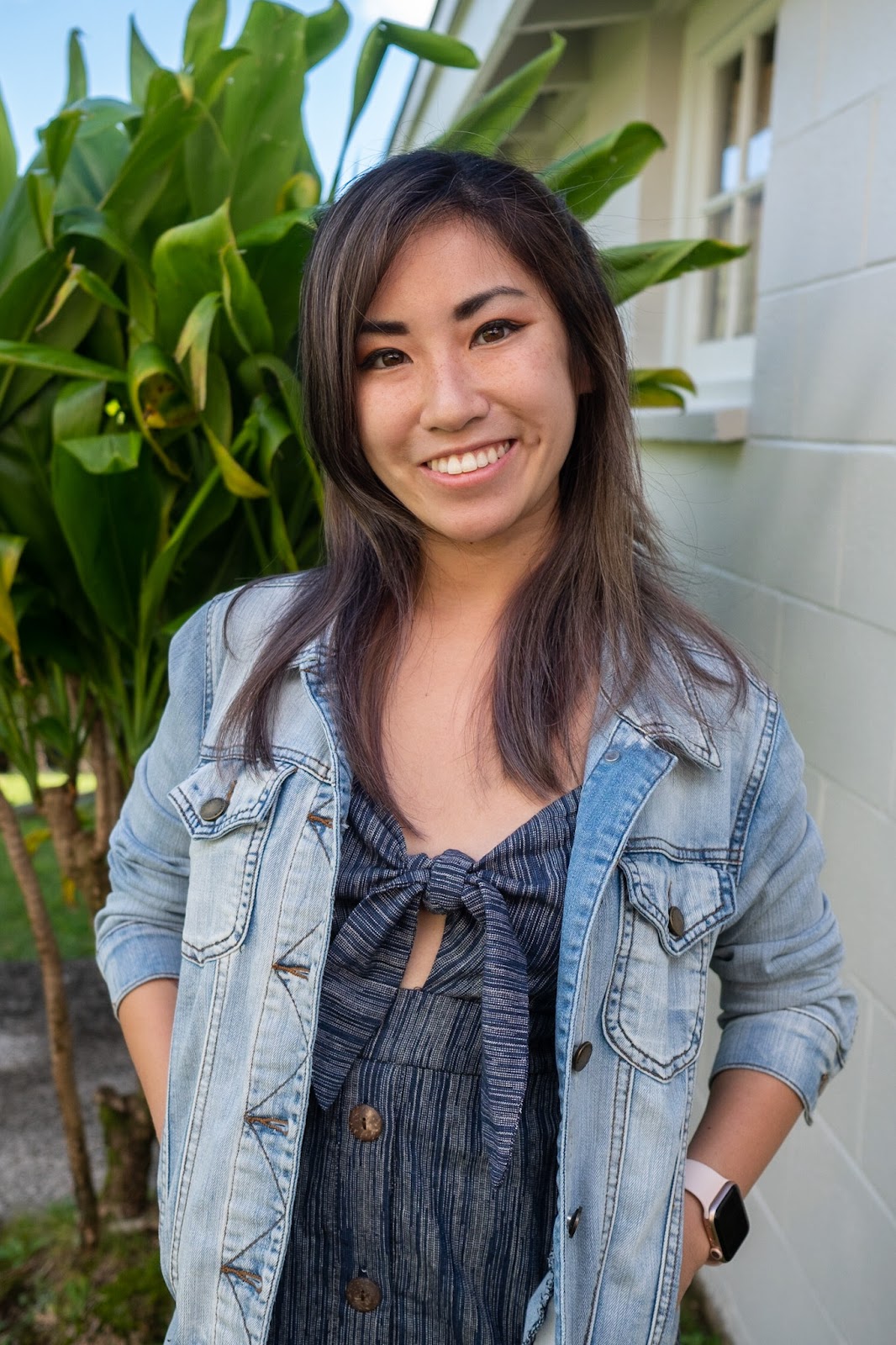
I am a 5th generation Japanese/Okinawan-American from Hawai'i. Growing up in Hawai'i, I was always surrounded by Japanese culture and in college, and I even spent a year in Japan.
Having been involved with classical Japanese dance, shamisen (a three-stringed Japanese instrument), and the Japanese martial arts (Judo and Aikido) throughout high school — I’ve always maintained a deep appreciation and interest in my culture.
On Asian representation in media — and how the industry can do more:
The first time I remember seeing an Asian character on screen was when Mulan was released in 1998. I was still living in California at the time, and I remember desperately wishing that I could have blonde hair and blue eyes because those were the traits my Barbies had. After Mulan came out, I was finally able to get an Asian Barbie — and it felt great.
We still have a long way to go when it comes to representation. While there is a lot more representation nowadays than before, I would love to see more Asian-American specific stories in the media. I want more stories with Asian leads where the stories do not solely focus on their Asian-ness, and instead focus on them as people with Asian identities.
Meet Jon Quach, a staff software engineer

I'm Canadian, and my ethnic background is Vietnamese and Chinese.
On the emotions tied to the lack of Asian representation in culture:
I’d describe the gap in Asian representation as an incredible sense of "otherness"— not so much in "weirdness," but more as an "invisibility." Growing up, this definitely had a negative impact on how I saw myself in relation to the world.
Though it's given me a lot of drive to prove myself, which in turn, has encouraged me to work a lot harder — it comes with an imbalance of self-esteem and burnout as well. I'm thankful that I've experienced enough of these ebbs and flows to walk down a healthier and more balanced path these days.
On the future he hopes we collectively build toward:
My first experience with representation was seeing Bruce Lee in a movie. At the time, I didn’t really think about Bruce’s race, but the more I learned about him, the more I admired him and what he did for Asian culture in the western world. He was my hero (and still is).
Fast forward to now, I feel incredibly lucky to have had him and (many) others lay the groundwork for folks like myself. However, I often wonder about what Asian representation would look like if it wasn’t just an improvement on the past, but truly good?
To me, “good representation” means that it no longer becomes a thing we collectively have to think about. Like the air we breathe or the water we drink — it just is. And we can exist in design, art, media, and life in its totality without hostility or otherness.
Meet Deepak Kanda, our head of social media

I'm currently based in Toronto, Canada but was born and raised in northern India. I'm into all things social media, wellness, photography, and travel — I’ve actually spent the last five years of my life in over five different countries. For me, experiencing different cultures and environments is my greatest source of joy.
On seeking comfort and familiarity after moving across the world:
I didn't move to Canada until I was 14, so for most of my early years, I was in a very homogeneous culture. But when we moved to Canada, there were less people who looked like me, and even fewer people with an understanding of my background and where I came from.
For me, the first person I met who made me feel seen was my Grade 10 Careers teacher who also was from India. With this teacher, I remember immediately feeling safe and confident. I knew I wouldn't be made fun of in their class because the teacher was more mindful of my differences and supportive.
On the power of representation and how it helps the API community dream bigger:
I believe representation is super important regardless of where, or in what circumstance. It gives people permission to not box themselves in, to not feel alone, — and makes people’s dreams and hopes seem more achievable, especially when they see others who look like them accomplishing similar goals.
As an Indian, there’s very little representation in the creative fields of design and art. Growing up, when I told my parents I wanted to pursue something creative, they didn't have any examples they could point to. All they could point to were doctors, engineers, and people in very STEM-focused fields. As a collective, that's all we need — someone to point to and say, "If he/she/they did it and they come from the same background as me, so can I.”
Beyond permission and confidence, I think representation is also super important to create more inclusive products, environments, and technologies. For instance, if there's only a specific group of people creating a certain technology, they might make something really functional, but it might not be usable by most. Making truly groundbreaking technologies, means making it for all people — not just a select few.

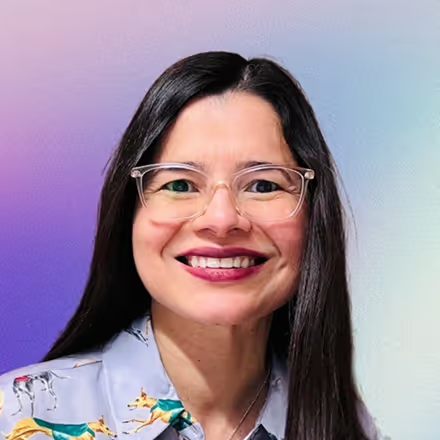









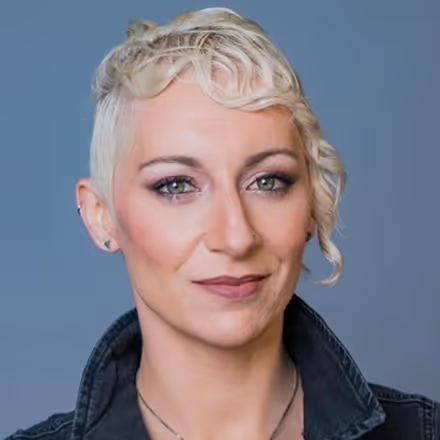





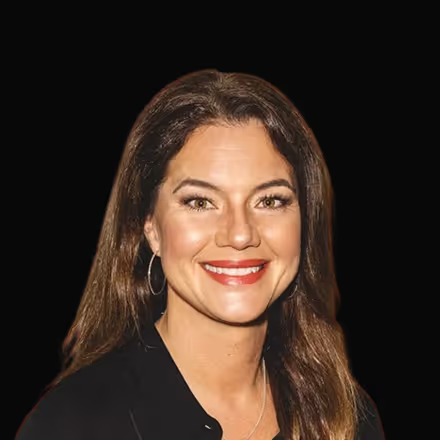

Be you, with us.
Join us from around the world on our mission to reinvent the way people build things online.



